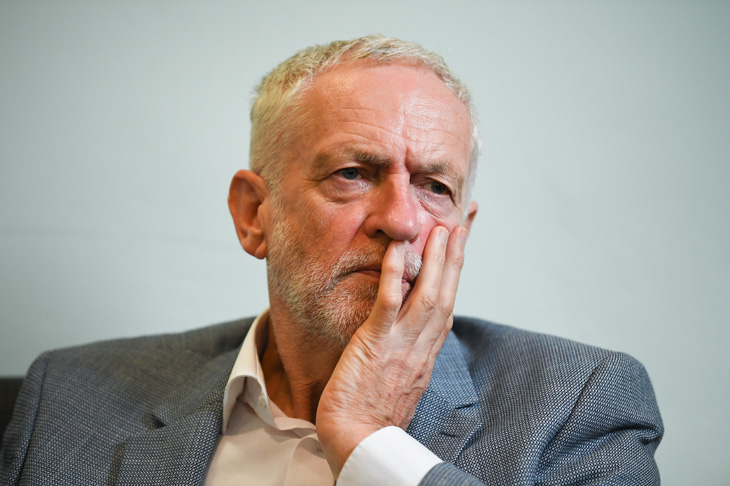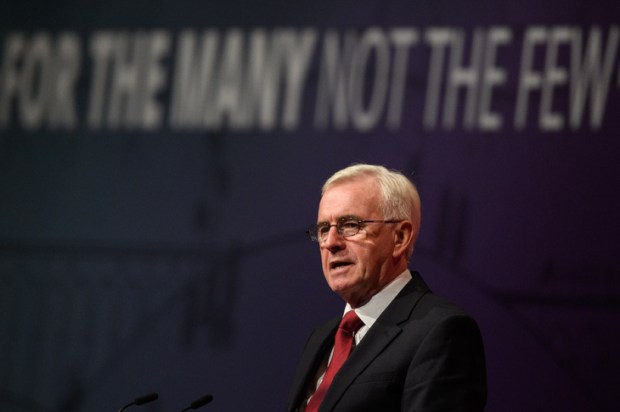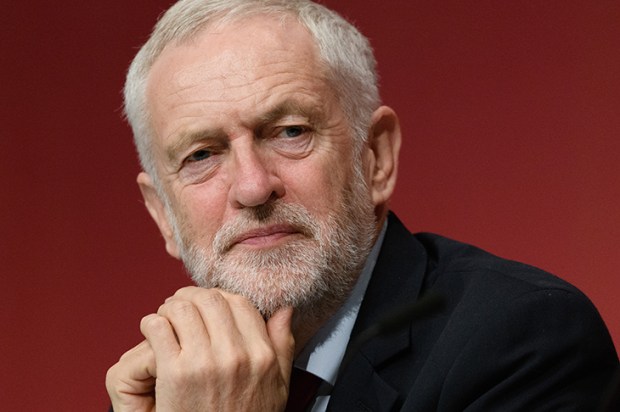If I were Benjamin Netanyahu (and I’m not) I would be thanking whatever gods there be for sending me, at a tricky time, the most useful ally it is possible to imagine in UK politics. To Bibi’s aid has come probably the only man in Britain capable of single–handedly silencing public criticism of the Israeli government’s disturbing new Basic Law, entitled ‘Israel as the Nation-State of the Jewish People’.
Already a subscriber? Log in
Subscribe for just $2 a week
Try a month of The Spectator Australia absolutely free and without commitment. Not only that but – if you choose to continue – you’ll pay just $2 a week for your first year.
- Unlimited access to spectator.com.au and app
- The weekly edition on the Spectator Australia app
- Spectator podcasts and newsletters
- Full access to spectator.co.uk
Or
Unlock this article
You might disagree with half of it, but you’ll enjoy reading all of it. Try your first month for free, then just $2 a week for the remainder of your first year.















Comments
Don't miss out
Join the conversation with other Spectator Australia readers. Subscribe to leave a comment.
SUBSCRIBEAlready a subscriber? Log in